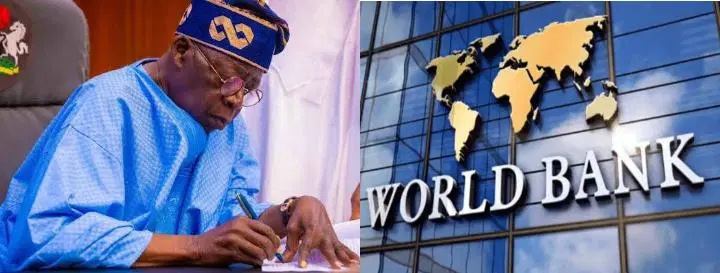
The World Bank has raised concerns over the Federal Government’s 2025 budget assumptions, describing its key projections—oil production at 2.1 million barrels per day (mbpd) and a crude price of $73 per barrel—as overly ambitious given the country’s current output of 1.6mbpd and global price average of $60 per barrel.
In its May 2025 Nigeria Development Update (NDU) presented yesterday in Abuja, the World Bank warned that the budget’s revenue expectations could result in a larger-than-anticipated fiscal deficit if not carefully managed.
While acknowledging recent reform strides such as fuel subsidy removal and foreign exchange liberalization, the Bank emphasized that to achieve the federal government’s aspiration of a $1 trillion economy by 2030, Nigeria’s economic growth rate must increase fivefold from its current pace of 3.8 percent.
The World Bank’s Lead Economist, Dr. Alex Sienaert, who delivered the report to a high-level gathering—including Finance Minister Wale Edun, Budget Minister Atiku Bagudu, CBN Governor Yemi Cardoso, and state governors—urged the government to remain consistent with its reforms and ensure transparent fiscal practices.
He commended the removal of petrol subsidies but noted that the full revenue benefits were not yet reaching the Federation Account. According to the Bank, although the subsidy was phased out by October 2024, the Nigerian National Petroleum Company Limited (NNPCL) only began remitting revenue gains in January 2025—and even then, only 50%, citing arrears.
The report called for improved budget monitoring, more efficient spending, and a stronger role by state governments, which collectively received N13.8 trillion in 2024—surpassing the Federal Government’s N12.3 trillion revenue.
To unlock inclusive and accelerated growth, the World Bank recommended a four-point private sector-led, public sector-facilitated strategy:
Close critical infrastructure gaps, particularly in power and transport
Foster market competition and a better business climate
Expand access to finance for businesses
Reform key sectors to unlock productivity and job creation
In response, Finance Minister Wale Edun emphasized the administration’s commitment to fiscal transparency and revealed that a forensic audit of NNPCL is underway to recover all owed revenues.
Budget and Economic Planning Minister, Atiku Bagudu, defended the 2025 projections, stating they were not overambitious but based on Nigeria’s economic potential and past production benchmarks.
Meanwhile, CBN Governor Yemi Cardoso stressed the importance of monetary stability, noting that foreign exchange volatility has been reduced significantly under the Bank’s watch.
Plateau State Governor, Caleb Mutfwang, speaking on behalf of subnational governments, highlighted the burden insecurity places on states’ ability to channel revenue into development projects, urging that security challenges be integrated into broader economic planning.
Despite the current headwinds, the World Bank maintained a cautiously optimistic outlook, urging continued reform and accountability to unlock Nigeria’s full economic potential.


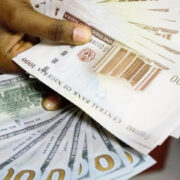


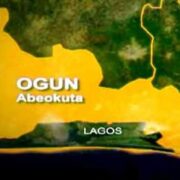
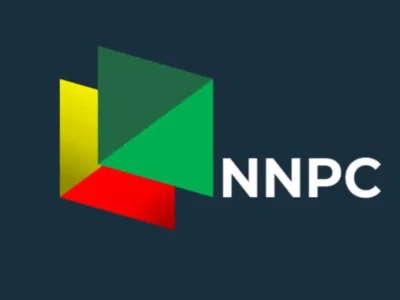

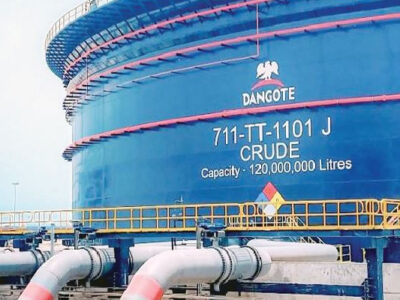
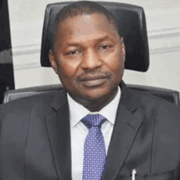

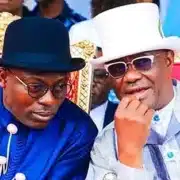
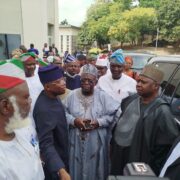









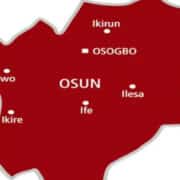
Comments